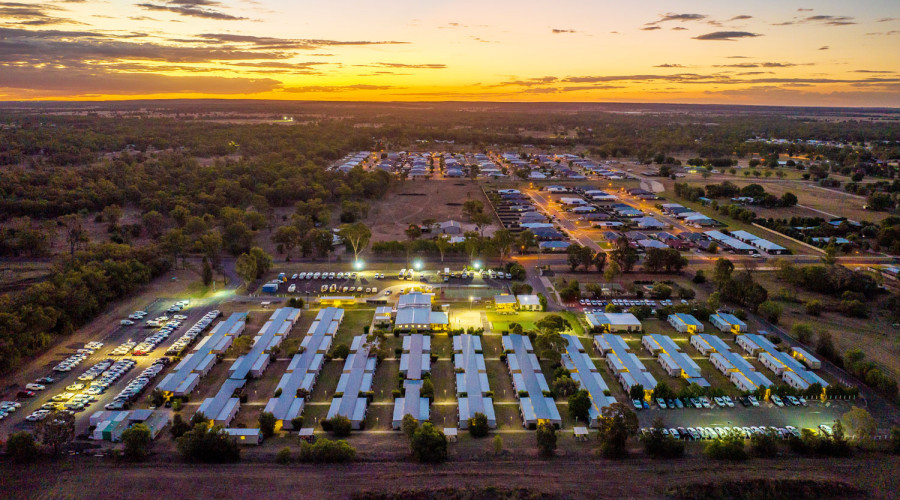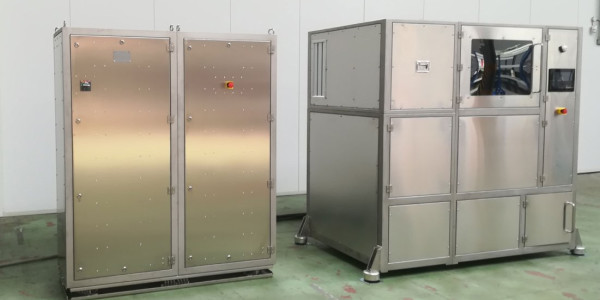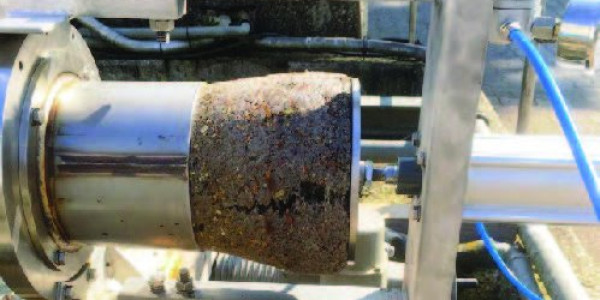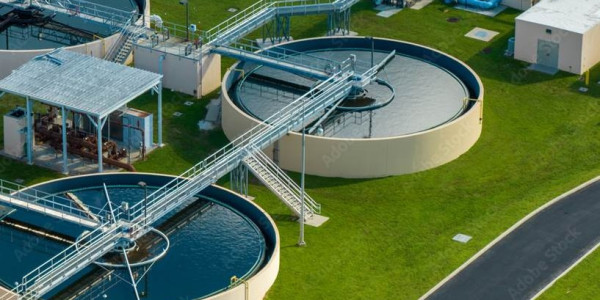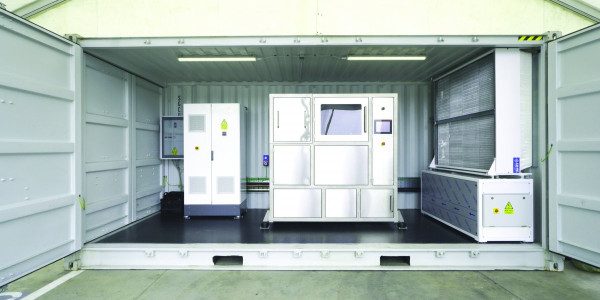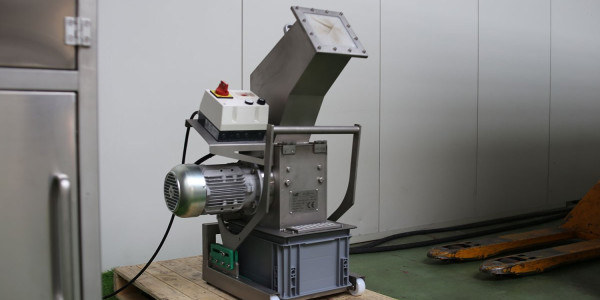Enhancing Self-Sustainability in Work Camps
Remote work camps and isolated communities, frequently found in resource exploration and construction sites, face unique challenges stemming from their geographical isolation and dependence on imported resources and services. Nonetheless, this sector holds promising opportunities for the implementation of WPT's solutions.
WP and SBR technologies, coupled with the TRUe zero waste habitat concept, offer versatile applications within this market, serving not only small isolated communities but also hotels, work camps, and autonomous waste management systems for larger communities.
WP and SBR represent eco-friendly and sustainable alternatives to prevalent waste collection and transportation methods that often harm both the environment and public health, especially in isolated areas. In these regions, inadequate waste disposal infrastructure leads to waste accumulation, periodic burning, toxic emissions, and contamination of groundwater and nearby water sources.
Furthermore, the elevated cost of potable water, frequently linked to low per capita consumption, contributes to health issues within these communities. Untreated wastewater discharge exacerbates water contamination and related health risks.
WPT's central objective of establishing zero waste habitats in this market has the potential to significantly enhance the quality of life while reducing overall costs. The extent of these cost savings hinges on factors such as energy value, current waste management expenses, labor costs, and installation outlays.
Don't hesitate to reach out to us for a comprehensive assessment of potential cost savings achievable for your remote habitat.

